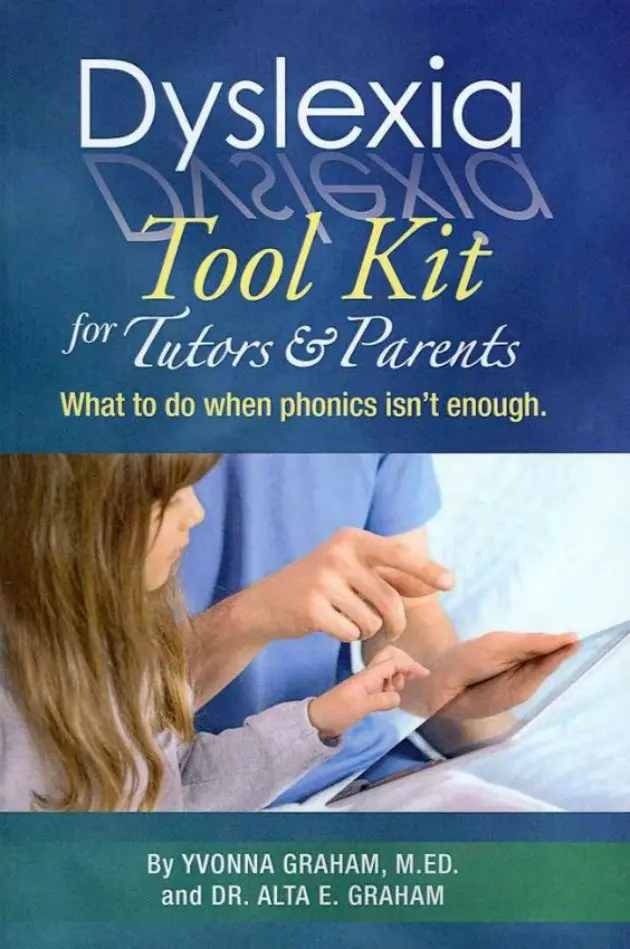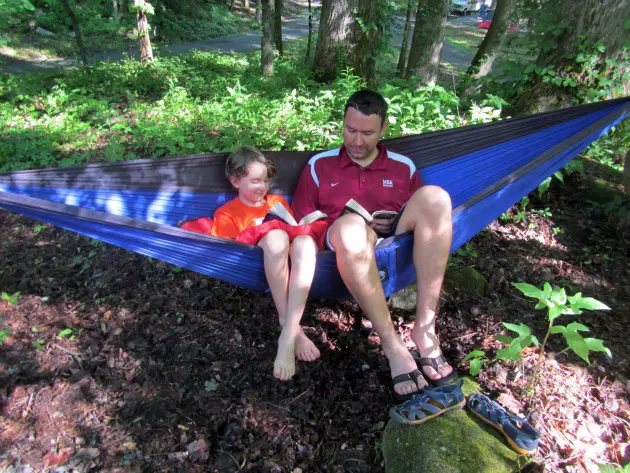Dyslexia is a specific learning disability that affects reading and language processing. Dyslexia is not a bad word. Many individuals with dyslexia are highly intelligent and may excel in other areas such as creativity, problem-solving, and critical thinking. Signs of dyslexia can vary from person to person and may present at different ages. This article will share more about what dyslexia looks like in children and what to expect.
Signs of Dyslexia
Some common signs include:
- Difficulty with reading: Struggles to decode words, often reading slowly and with errors. May have difficulty recognizing sight words.
- Problems with spelling: Difficulty spelling words correctly, often making frequent spelling errors, even with common words.
- Challenges with writing: May have trouble organizing thoughts coherently in writing, poor handwriting, and difficulty expressing ideas in written form.
- Difficulty with phonological awareness: Difficulty recognizing and manipulating sounds in spoken language, such as rhyming, segmenting, blending, and isolating sounds.
- Slow or inaccurate reading comprehension: Difficulty understanding and retaining information from written texts, despite adequate oral comprehension skills.
- Reversals and transpositions: Confusion with letters, numbers, or words that look similar, such as reversing or mixing up letters (e.g., b and d, p and q).
- Difficulty with sequencing: Struggles with remembering and understanding the order of letters, numbers, or events.
- Poor memory for verbal information: Difficulty recalling lists, sequences, or instructions given orally.
- Difficulty with time management and organization: May struggle with time management, planning, and organization, leading to difficulties in completing tasks or assignments.
- Low self-esteem and frustration with academic tasks: Dyslexia can lead to feelings of frustration, anxiety, and low self-esteem due to struggles with reading and academic tasks.
It’s important to note that dyslexia presents differently in each individual, and not all individuals with dyslexia will exhibit all of these signs. If you suspect dyslexia, it’s essential to seek an evaluation by a qualified professional, such as a psychologist or educational specialist, for proper diagnosis and support.
What You Should Know About Dyslexia
Dyslexia can be a scary word for parents to hear. If you have received it as a diagnosis for your child, you may be wondering what does dyslexia look like or mean to me? Today, I have the some experts to answer the question, “What is dyslexia, anyway?” Yvonna Graham, M.Ed, and Dr. Alta Graham recently published a new book called the Dyslexia Tool Kit for Tutors and Parents: What to do when phonics isn’t enough. They want parents to know that they don’t need to empty the bank account for therapists or special schools, and that dyslexic children can and do learn to read well, not just get by. This easy to use dyslexia handbook explains what to do and why, with 24 simple techniques. The following is an excerpt from the opening of the book.
Excerpted from the book Dyslexia Tool Kit for Tutors and Parents byYvonna Graham, M.Ed, and Dr. Alta Graham. Copyright © 2015. Reprinted with permission granted. All rights reserved.
What Does Dyslexia Mean? Is Dyslexia a disability?
Dyslexia is treated in most schools as a “learning disability” because it does, indeed, make learning to read by standard methods much more difficult.
But dyslexia is simply a pattern of brain organization and information processing that creates strengths as well as challenges. (Eide & Eide, 2011) About ten percent of the population is dyslexic. It’ is a difference, not a disability.
Dyslexics use right brain skills more heavily than non-dyslexics. They see forests, not trees. They see patterns not lines. Furthermore, they see context, not text.
What does dyslexia look like?
As individuals, people with dyslexia are as diverse as any other group. We all see the world a little bit differently than anyone else, whether we are dyslexic or not. But there are some broad, research supported traits that are true of most dyslexics because of the their brain structure.
Most people with dyslexia have high ability in 3-D spatial skills with the trade off of disorientation when first introduced to the two dimensional world of written text.
People with dyslexia tend to see connections, relationships, and patterns that others miss. This can result in low test scores because their answers are too creative.
A person whose brain is organized in the dyslexic style may learn best by hearing and telling stories rather than memorizing facts or rules. When discussing the hearing and auditor in dyslexia, it’s worth noting that there is a unique subset known as auditory dyslexia. Understanding what auditory dyslexia is becomes important in this context, as it primarily affects the processing of sounds, particularly the sounds of speech. Unlike the more commonly recognized form of dyslexia, which involves difficulty in interpreting written words and letters, auditory dyslexia makes it challenging for individuals to process and interpret auditory information.
Many people with dyslexia take in huge amounts of information and combine it in an intuitive way to see the big picture or predict outcomes, or even reason backwards into what may have happened in the past. This fluidity of thought is not considered a strength in most educational settings.
These “dyslexic” traits produce a lot of remarkable talent however. Here’s a very abbreviated list of people thought to be dyslexic whose work you may know about.
Famous People With Dyslexia (or thought to have had dyslexia)
Winston Churchill – statesman, author
Magic Johnson – basketball pro
Isaac Newton – mathematician
Charles Schwab – businessman/investor
Michael Faraday – scientist
Thomas Edison – inventor/scientist
Albert Einstein – physicist
Whoopi Goldberg – actress
Cher – singer/actress
Orlando Bloom – actor
Walt Disney – cartoonist/filmmaker
Agatha Christie – writer
Thomas Jefferson – US president
George Washington – US president
Leonardo da Vinci – artist/inventor
Pablo Picasso – artist
You can find pages and pages of people with dyslexia who have done wonderful things. We chose this short list from Blessed by Dyslexia (Poulos, 1994)
In the rest of this book, (affiliate link) Dyslexia Tool Kit for Tutors and Parents, you will find 24 very short chapters, revealing 24 tools you can use to help a dyslexic person learn to read well. The tools can be used alone or together in whatever constellation feels right for the student. Remember, if what you are doing isn’t giving you the results you want, it makes sense to try something different. All the tools are developed from research which you can find in the annotated bibliography.
I hope you learned a lot about what dyslexia is and what the dyslexia diagnosis means. I also hope the authors gave you the confidence that dyslexic children can and do learn to read well. If you have questions about dyslexia or learning difficulties feel free to reach out @familyfocusblog. We’d love to hear about your personal stories involving dyslexia.
Related Posts:
Reading Decoding Strategies For Kids
ADHD And Self Esteem Issues
How To Raise Happy Kids



Crystal says
I think unless someone has dyselxia themselves, they’ll never understand what it entails. And too many people are now just using the term as an excuse when they misread something. Everyone has their roadblocks, but what’s important is learning how to find your way around them. Each person has different abilities and these are what we choose to focus on (while working on those roadblocks) so that each child can prosper and feel good about themselves.